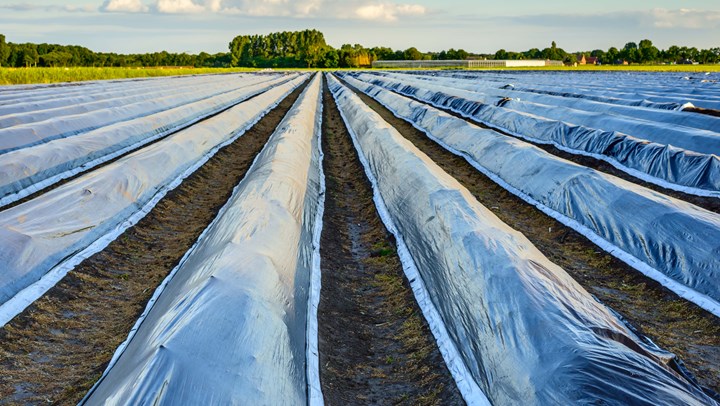Flow Additive Leaves No Residual Effects in PLA Compounds
CAI’s ST-PA210 bioplastic lubricating agent tested by third-party lab for impact on food-contact compliance.

A white paper recently published by CAI Performance Additives shows data collected by a third-party lab on the burndown performance of the company’s ST-PA210 bioplastic lubricating agent; the test reportedly simulates the impact of processing on the additive material. The findings suggest that the additive is “sacrificial” in that after processing only trace amounts of it remain. As such, compounders using ST-PA210 to enhance melt flow would not see any residual effects in their output, nor would using such an additive affect food-contact compliance of downstream products.
The data also shows performance of the additive in PLA (both talc-filled and unfilled) showing 170%-600% MFI increases at just 2% additive. With PLA’s dominance of the bioplastic market currently there is likely to be significant interest in lowering viscosity in processing stages, particularly additives that will not cause negative effects down the line in finished products. The data suggests ST-PA210 would be ideal for these applications combining its lubrication performance with the benefit of being sacrificial. Said CEO Richard Marshall, “A common concern of our PLA compounding customers is how additives of any kind could impact food-contact safety in final products. Bioplastics are attracting a lot of attention right now in single-use food and beverage containers, so seeing that ST-PA210 can safely be used to improve processing without affecting critical food safety compliance is great news to our clients.”
As reported when launched last year, ST-PA210 is a proprietary high-performance additive produced by China’s Starbetter Chemical Materials, for which CAI Additives is the sole distributor in North America. It is also used in in PC/ABS and PC/PET copolymers, as well as bioplastics PBAT and PHA.

Related Content
-
Polymer Science for Those Who Work With Plastic — Part 1: The Repeat Unit
What are the basic building blocks of plastics and how do they affect the processing of that material and its potential applications in the real world? Meet the repeat unit.
-
Polymer Science for Those Who Work With Plastics: Molecular Weight — What It Is and Why It Matters
Molecular weight might seem like an abstract concept, but it plays a crucial role in determining the behavior of plastics during processing and in their final applications.
-
Prices of All Five Commodity Plastics On the Way Up
Despite earlier anticipated rollover in prices for most of the volume commodity resins, prices were generally on the way up for all going into the third month of first quarter.



